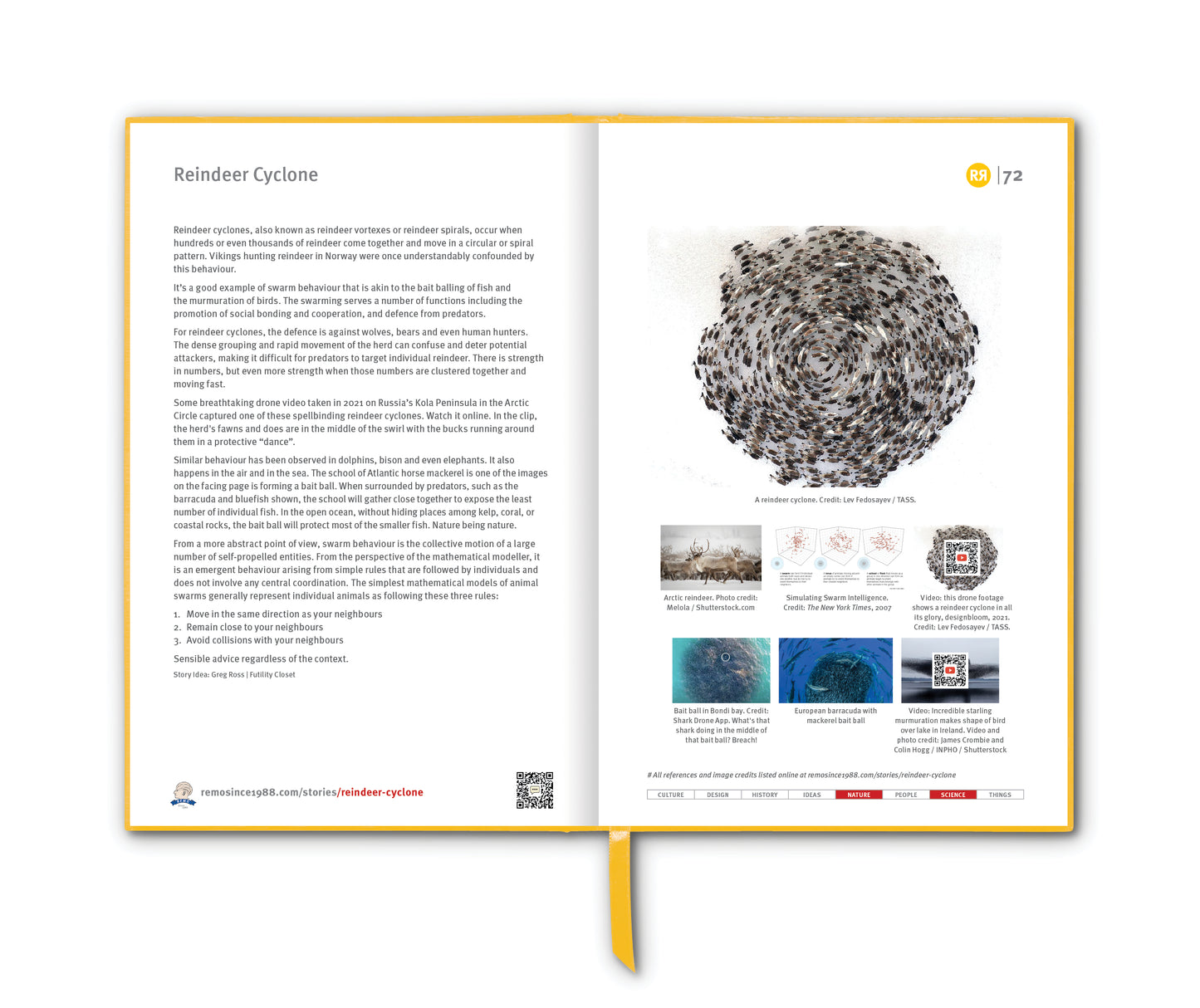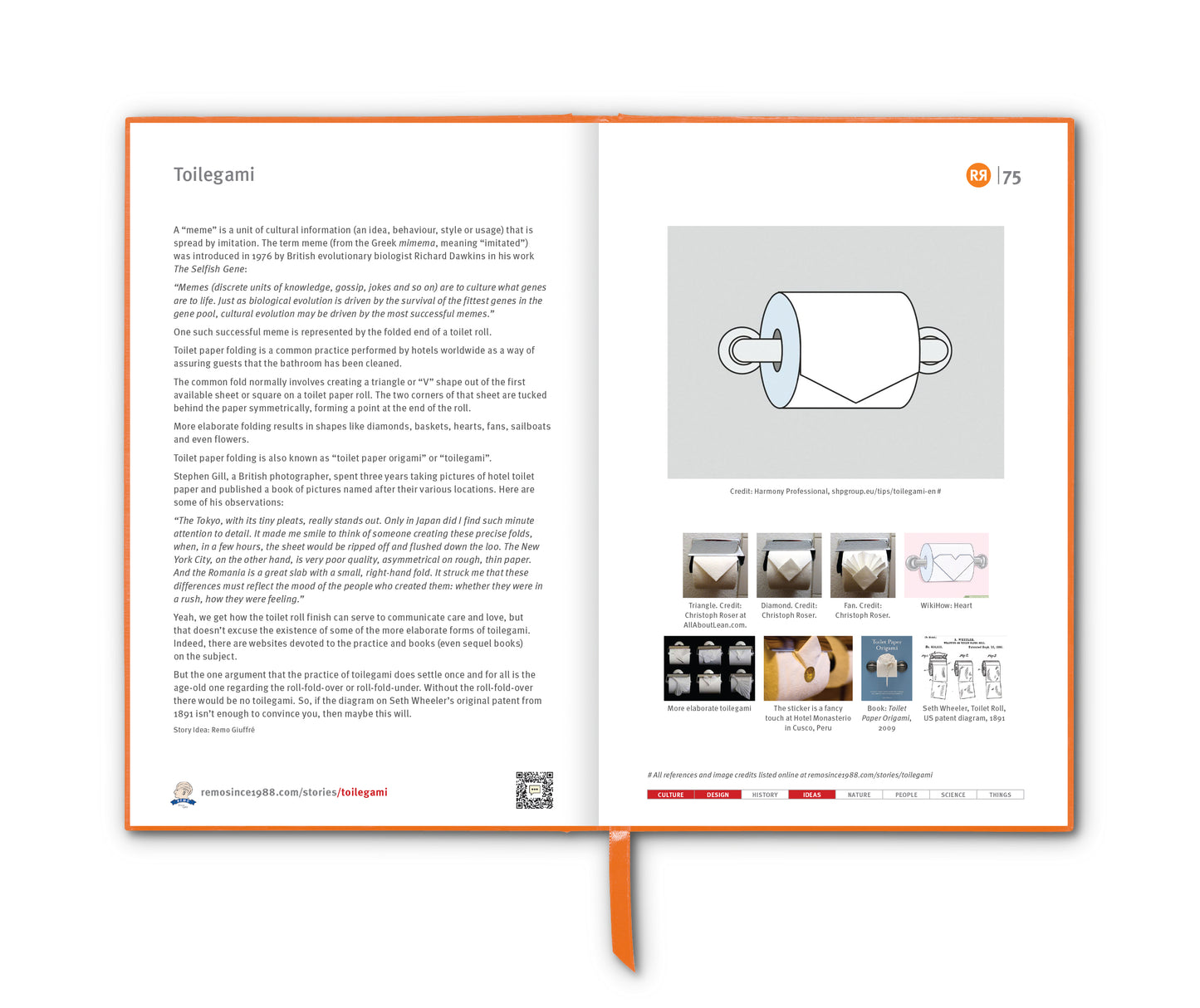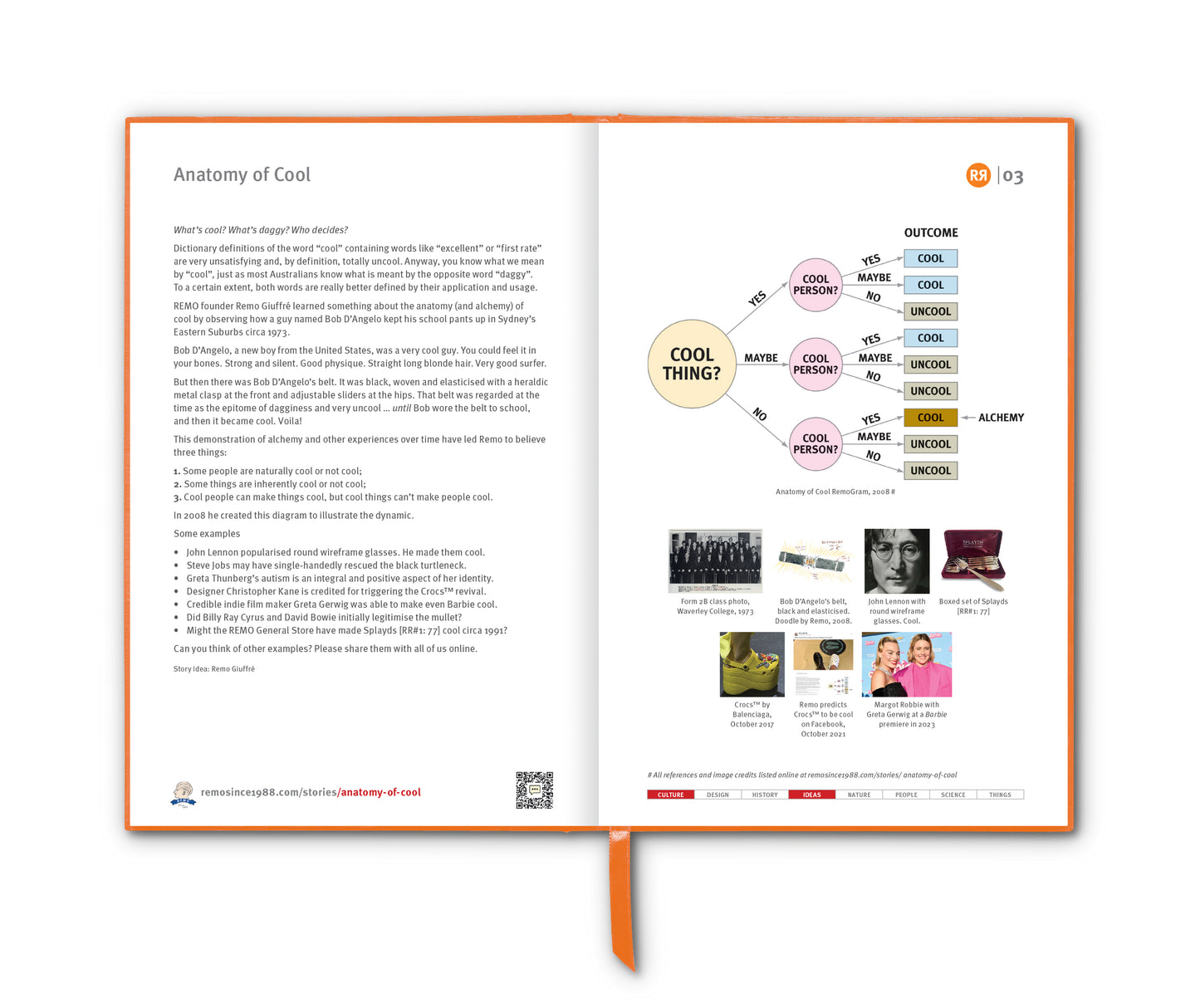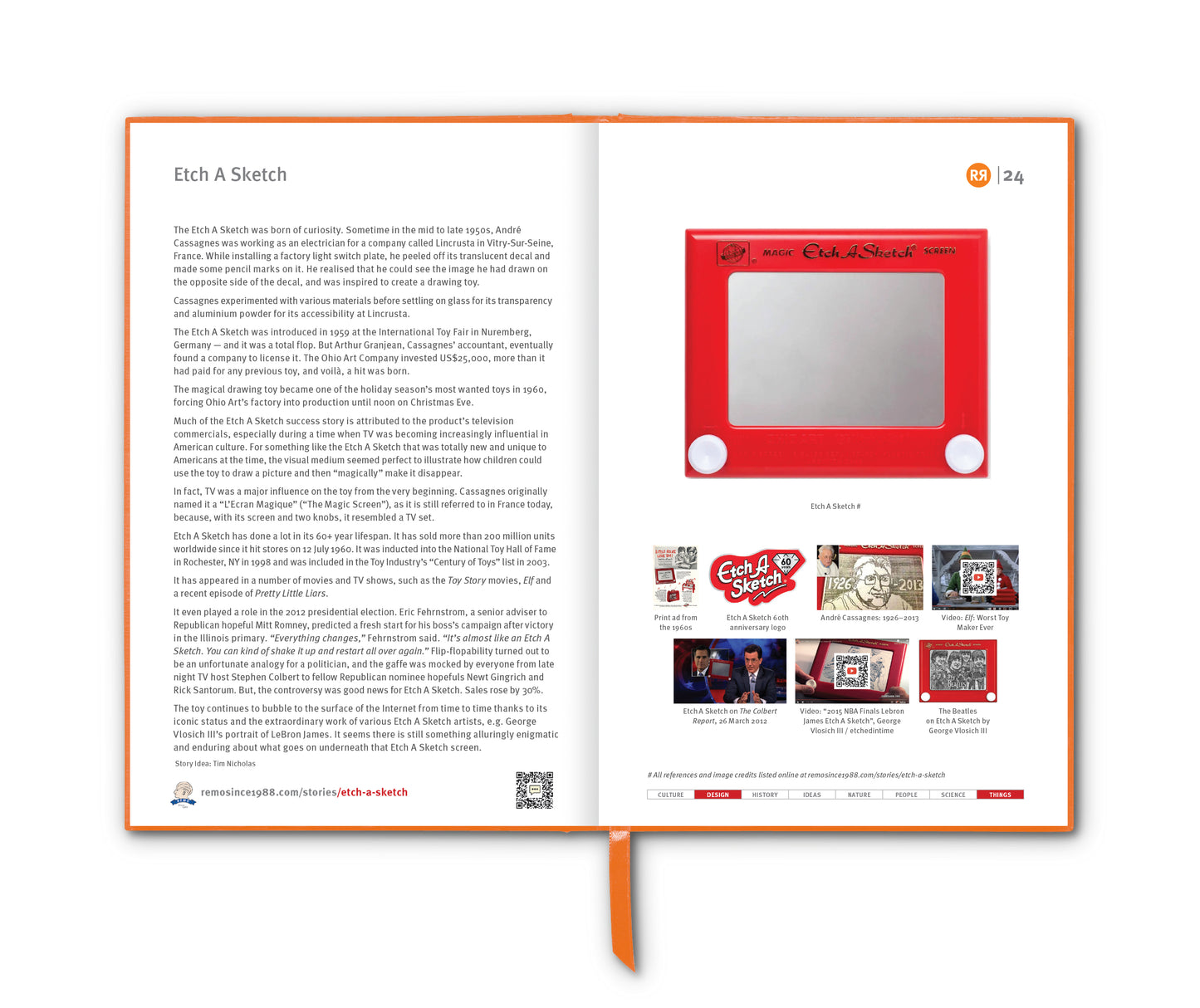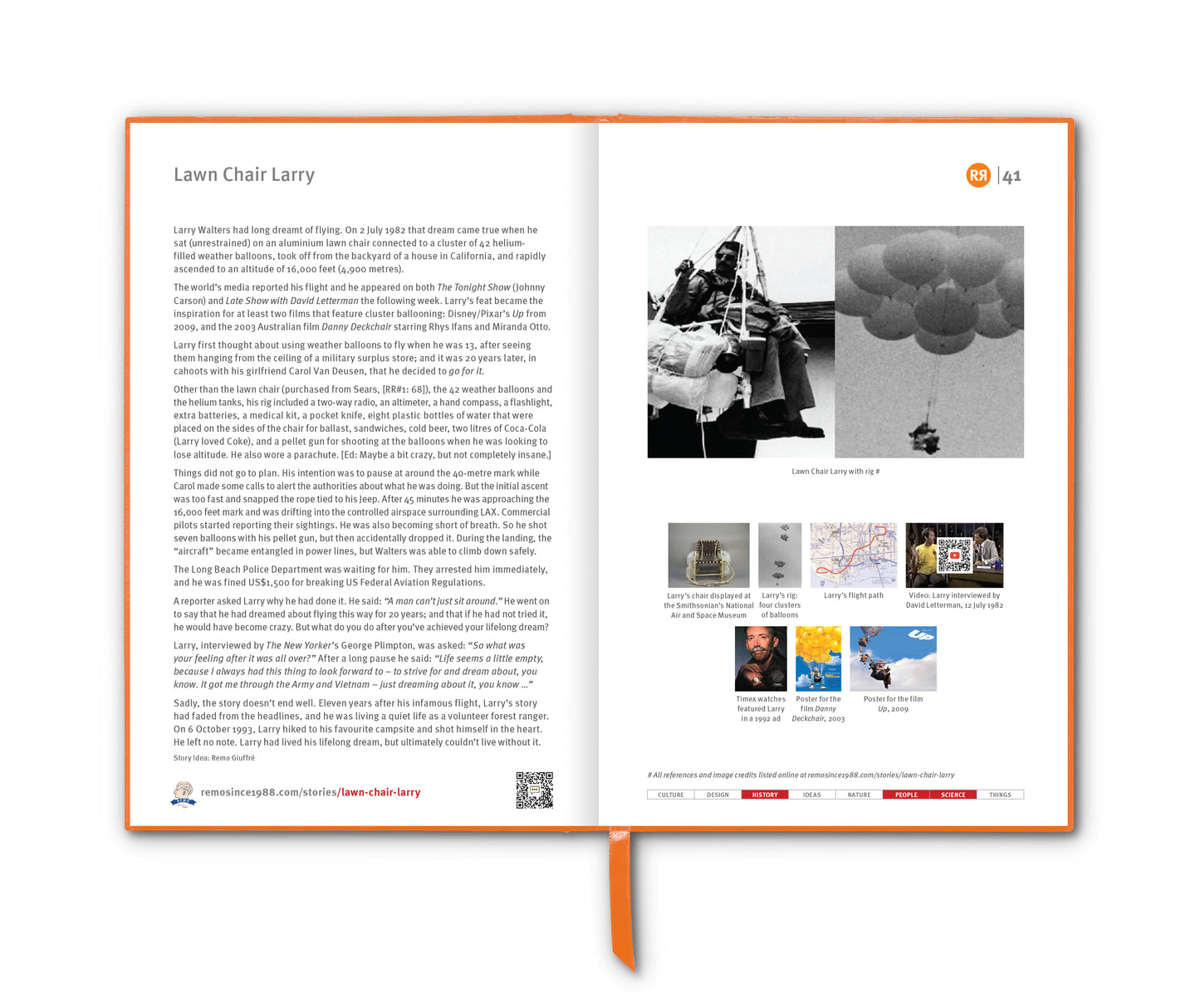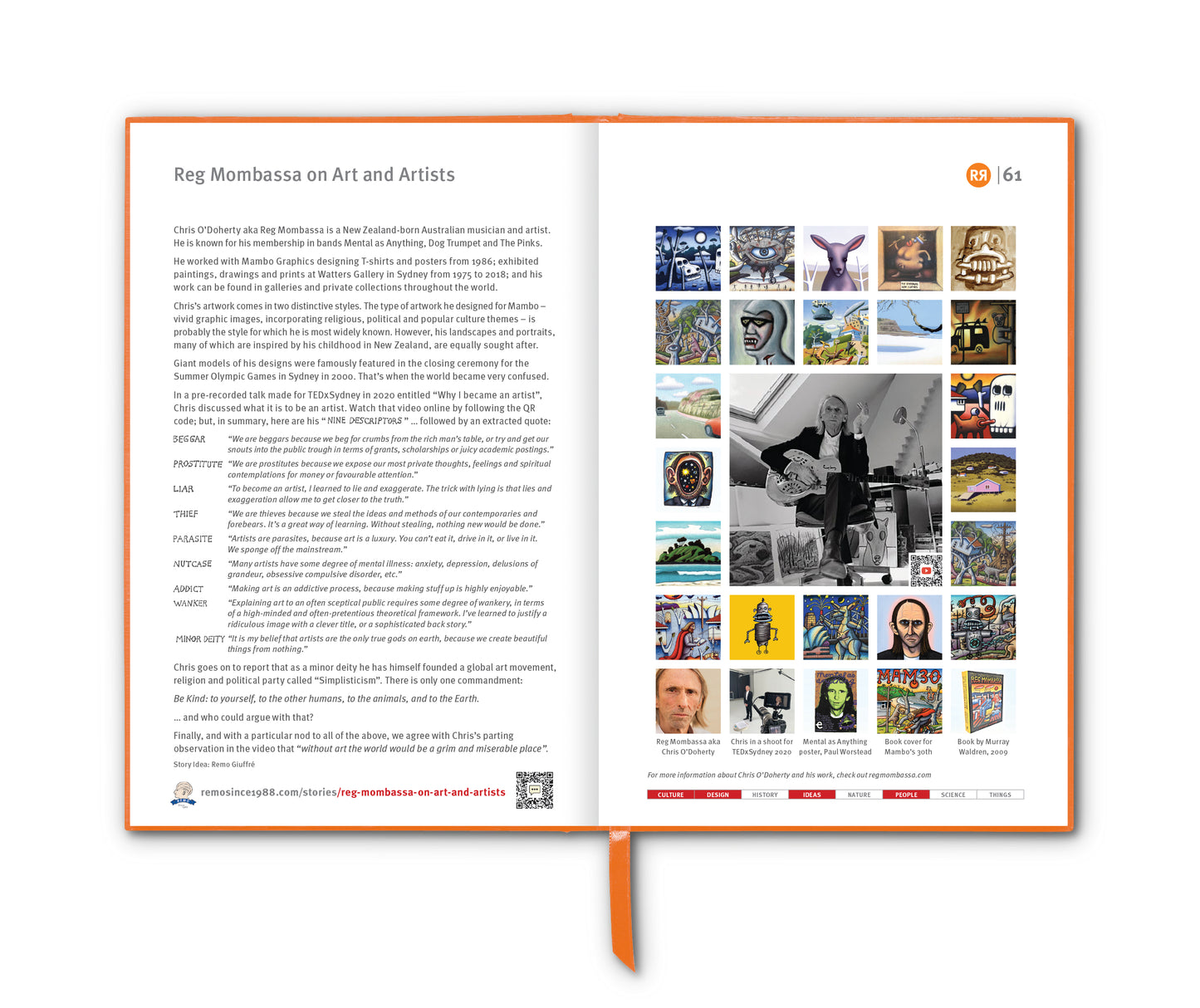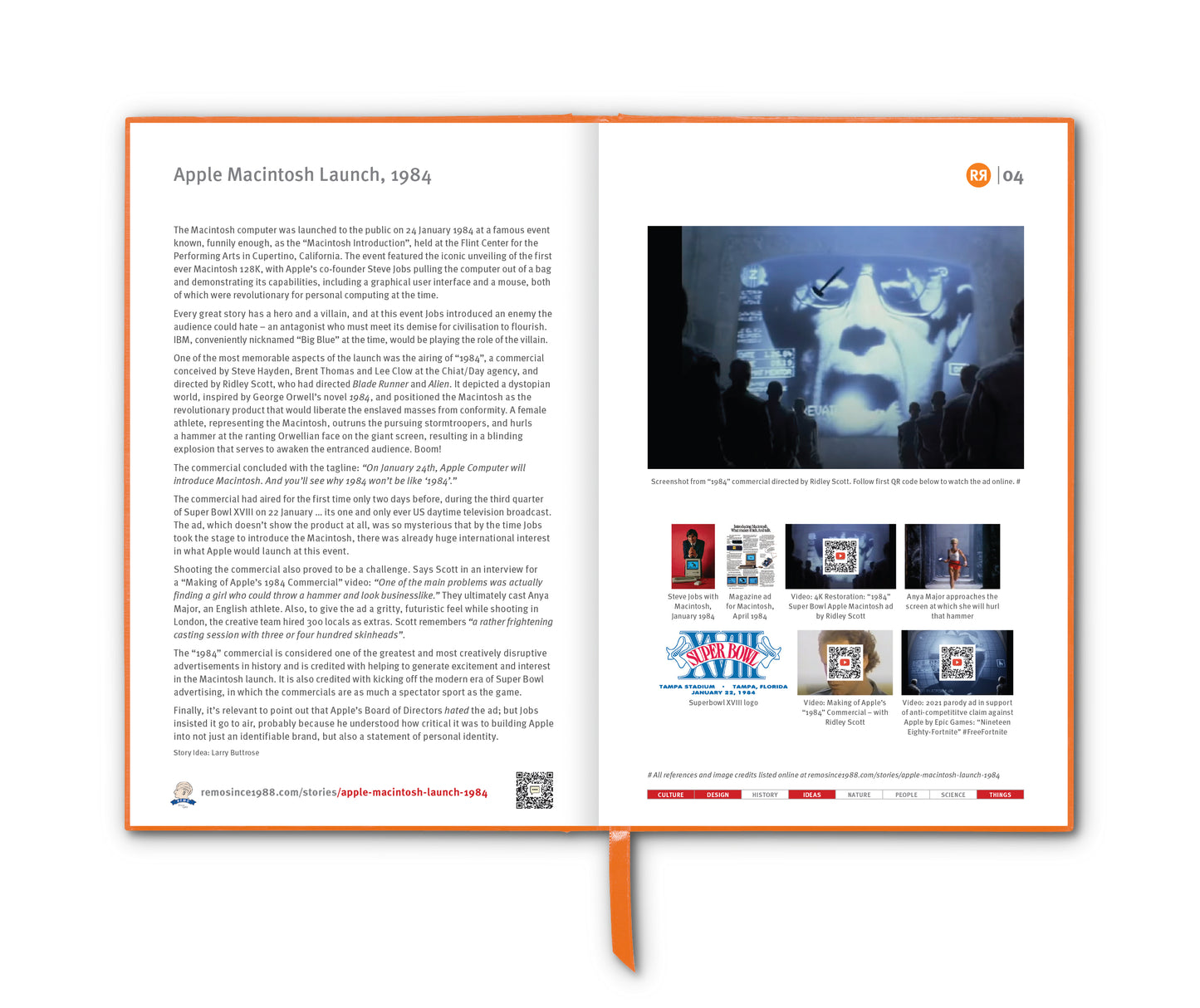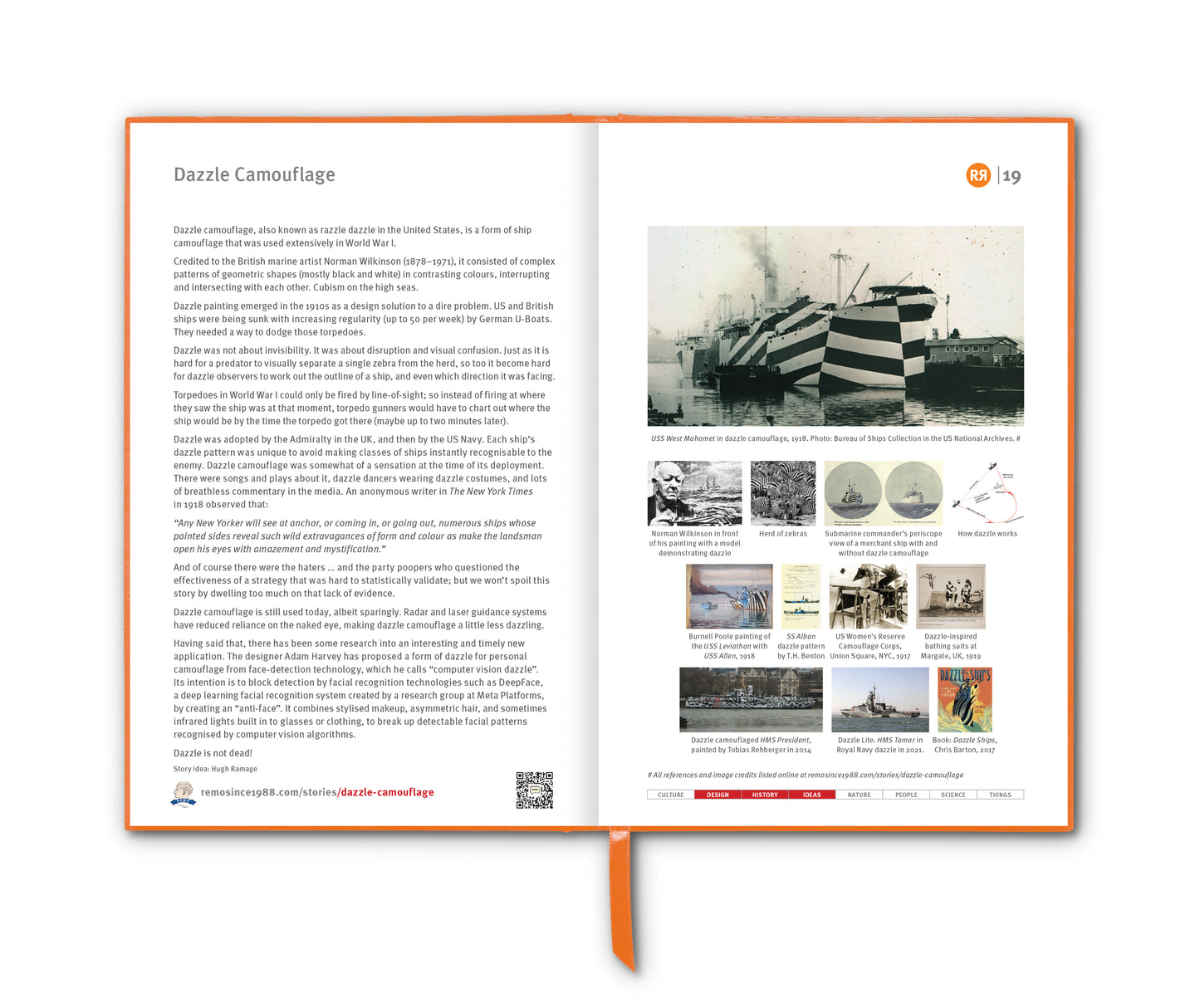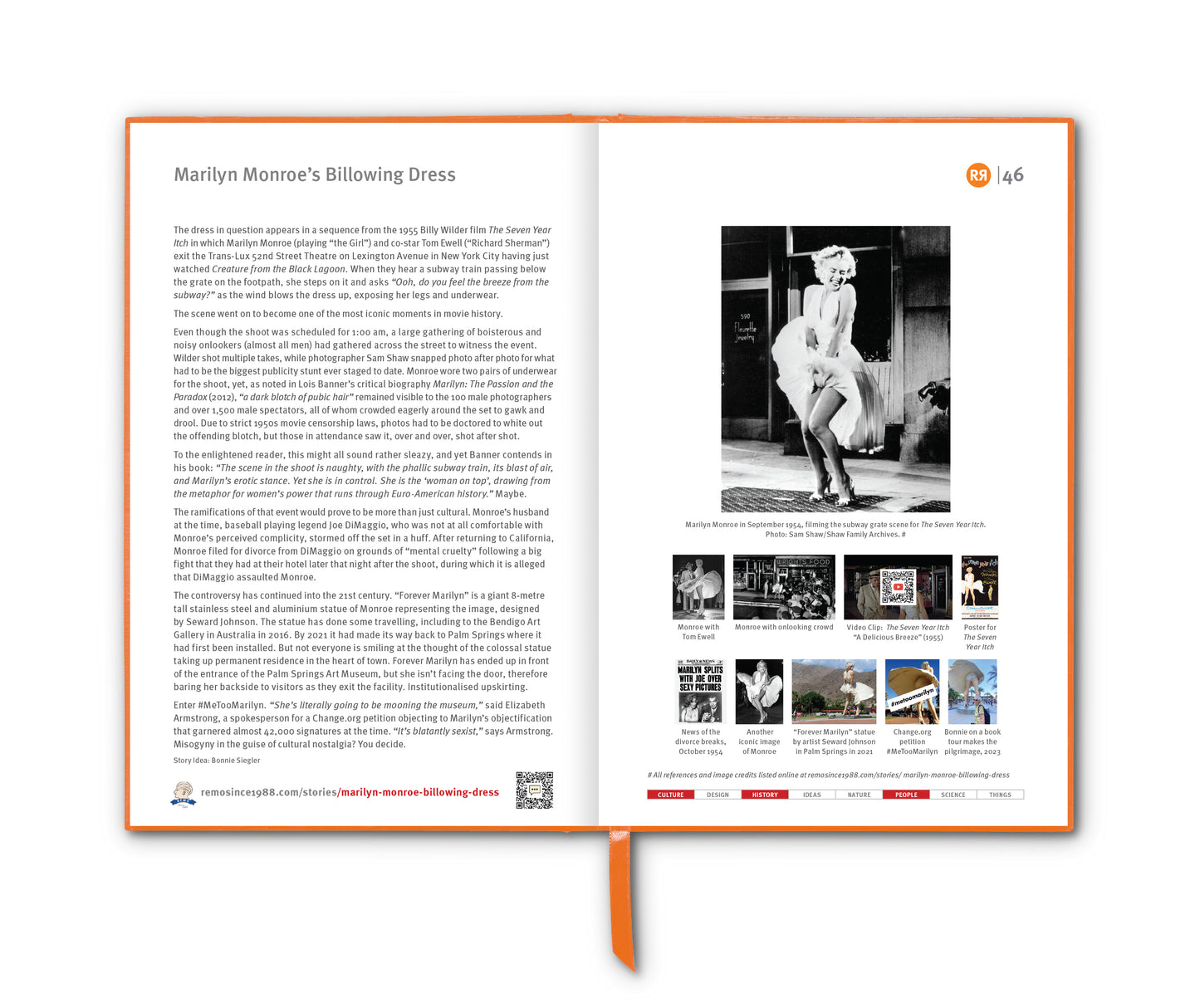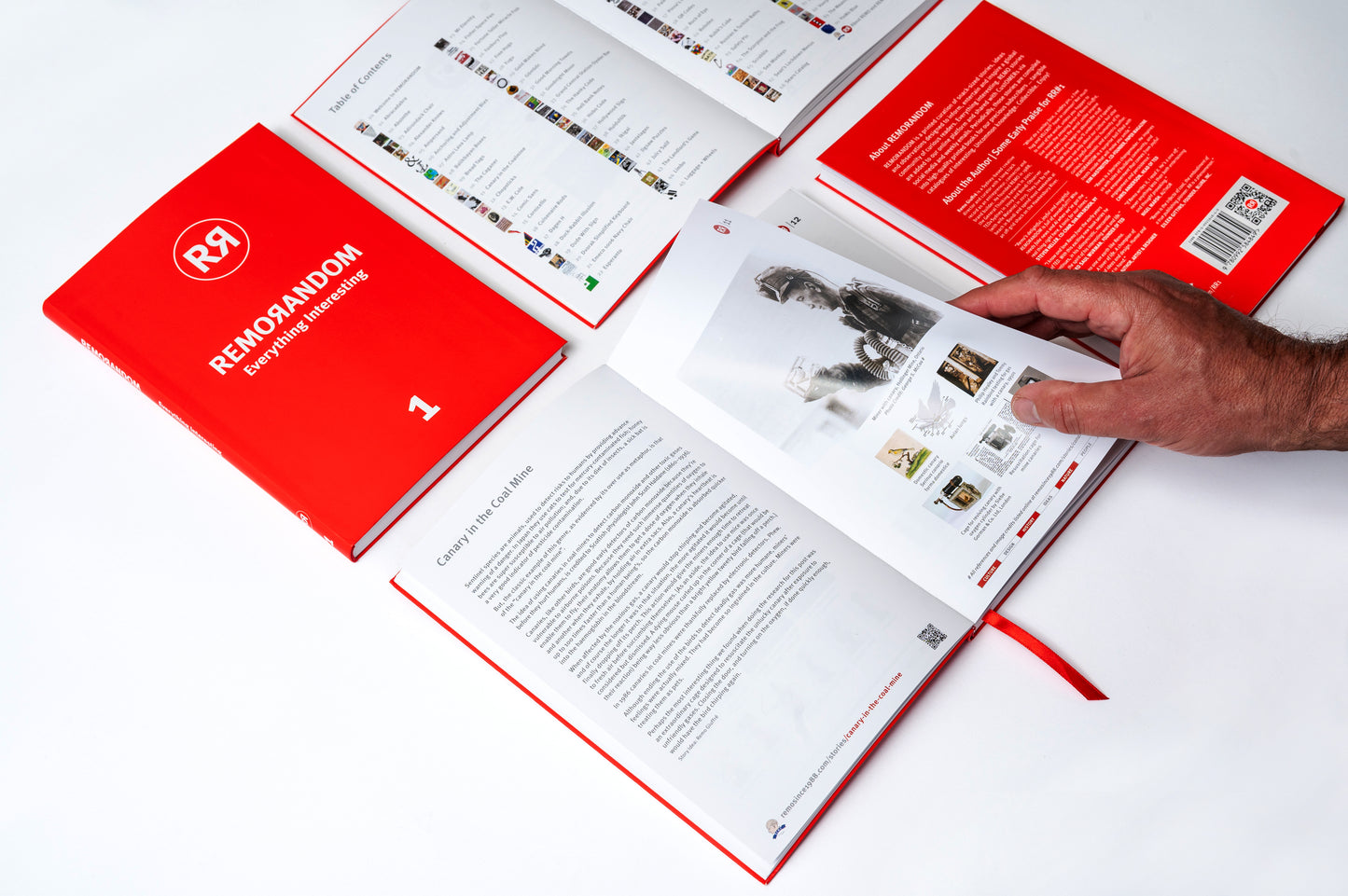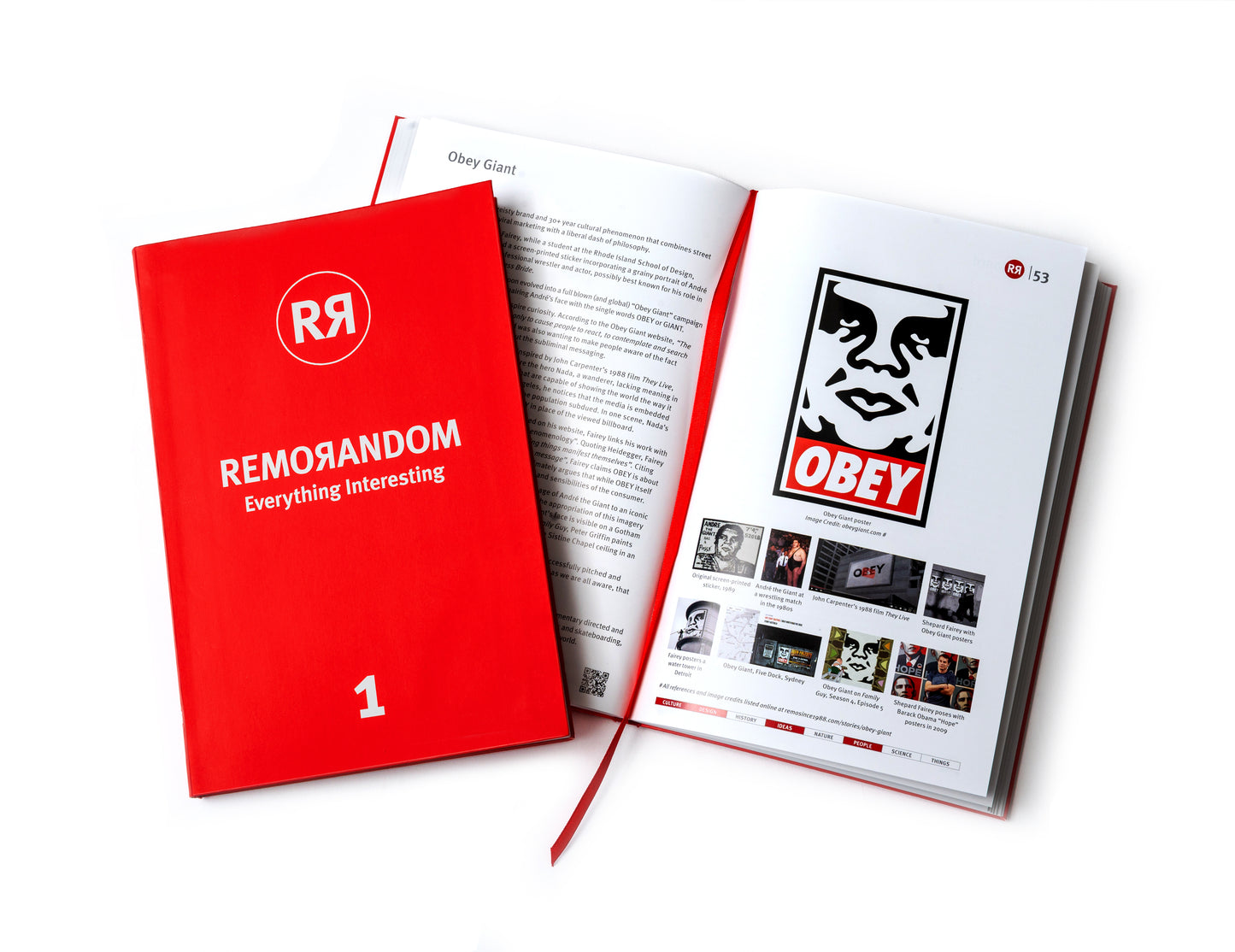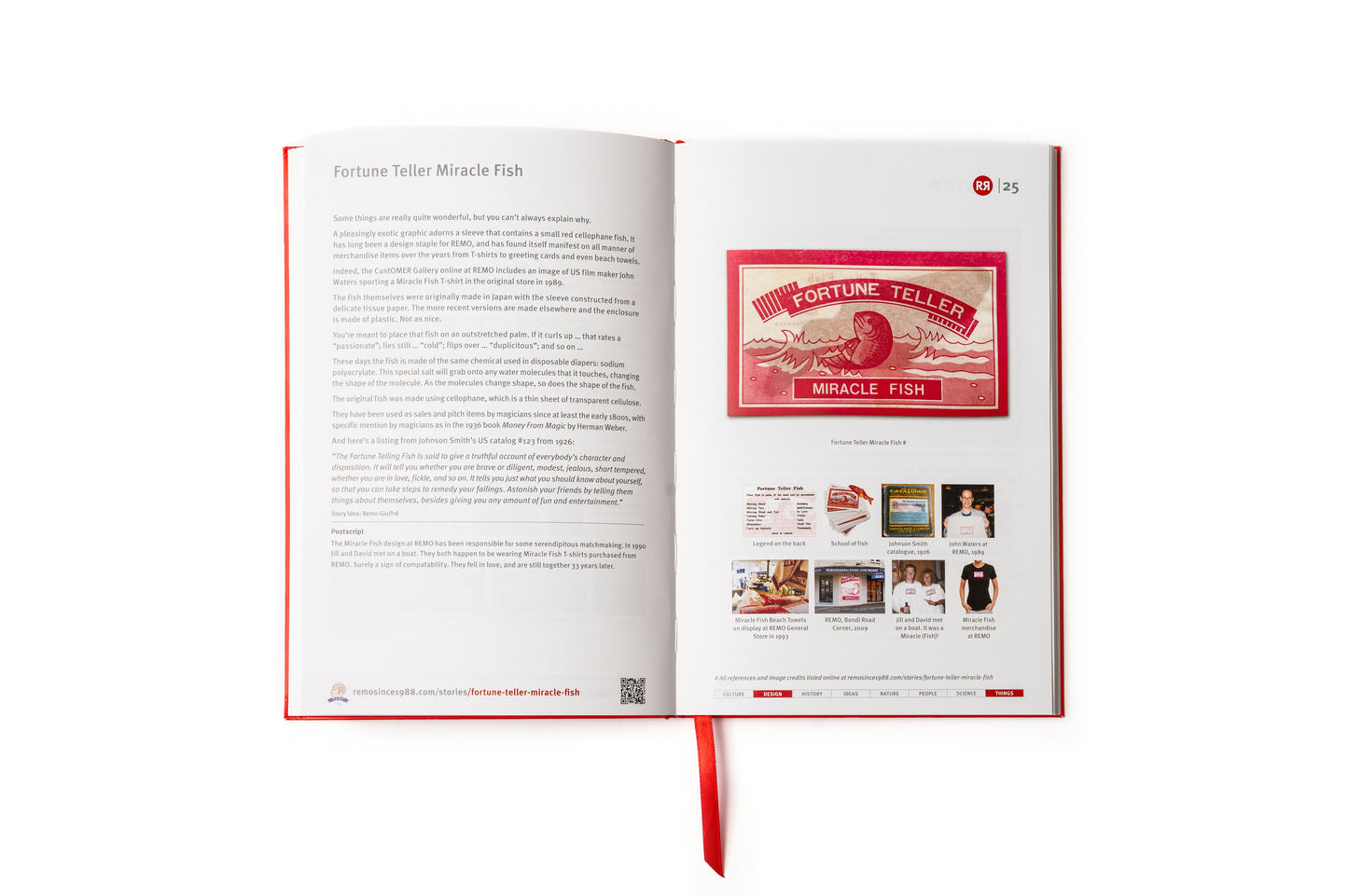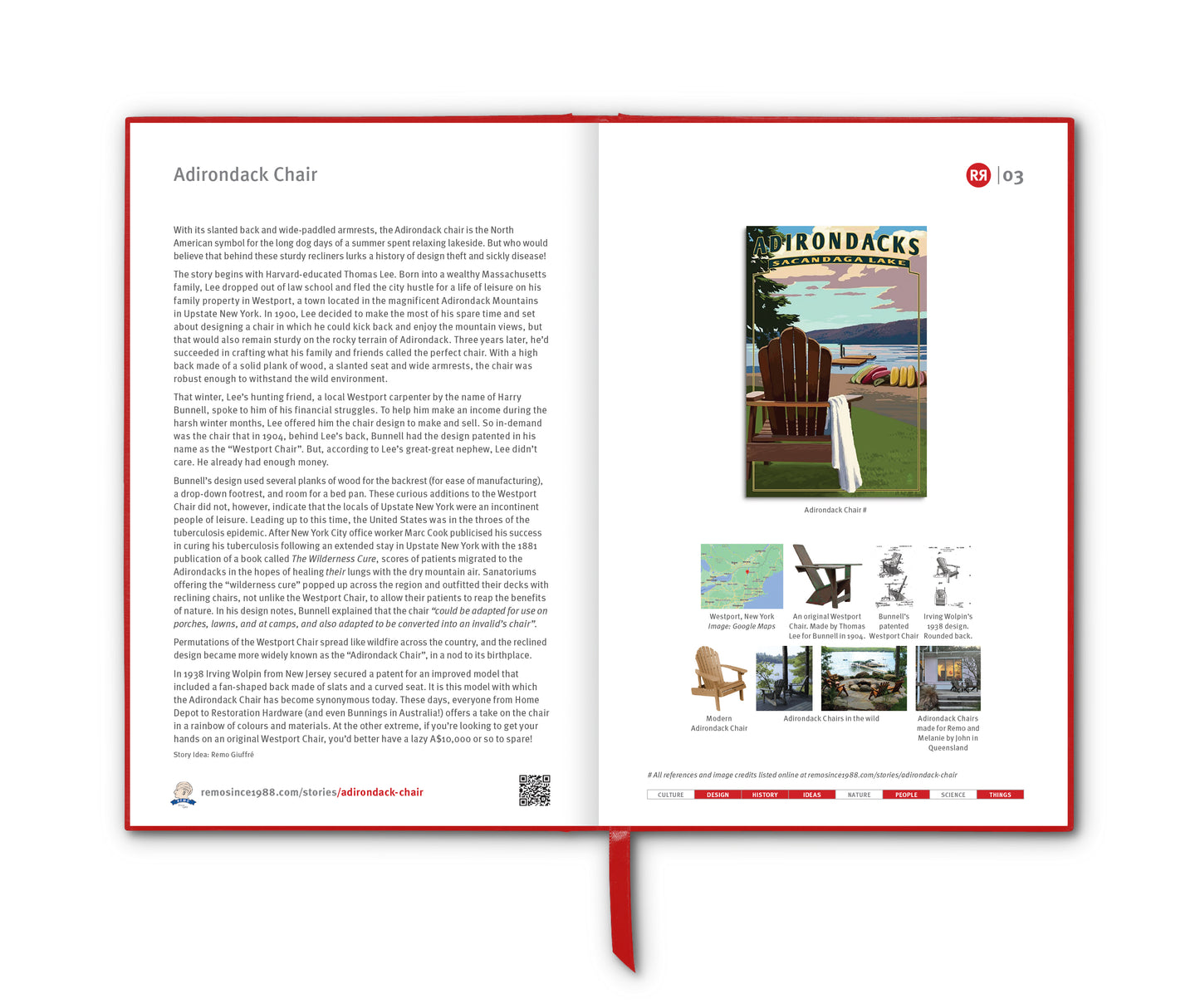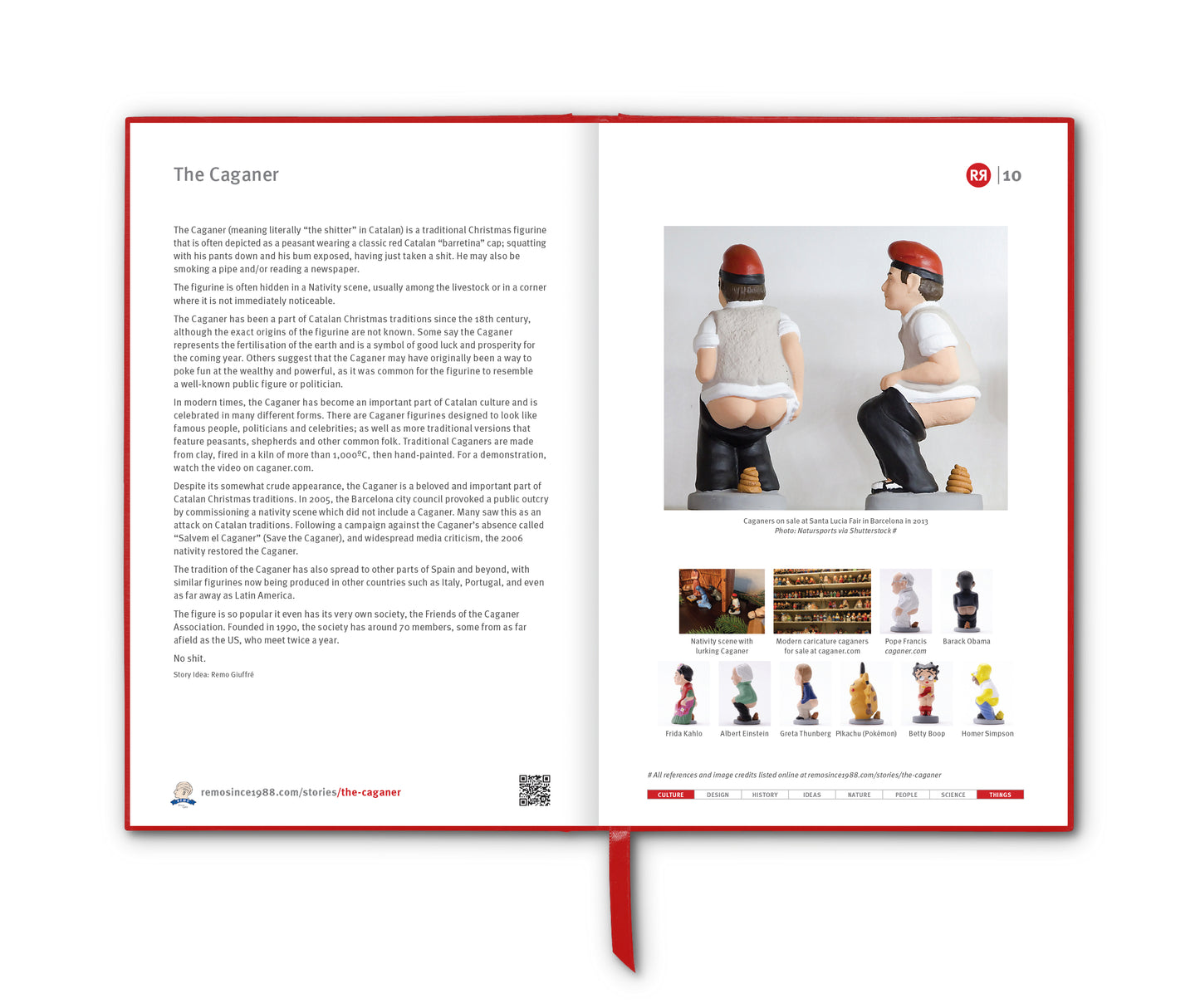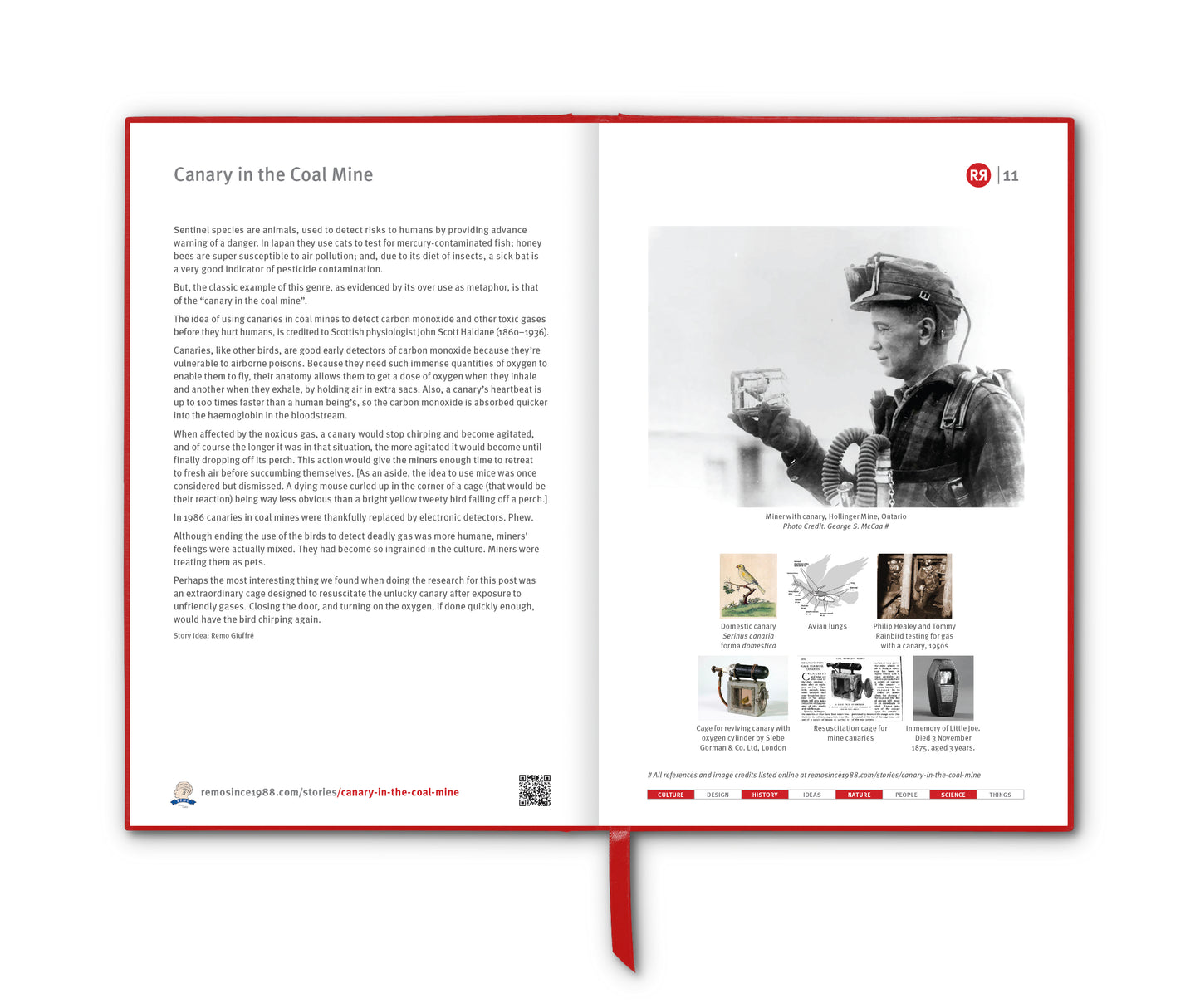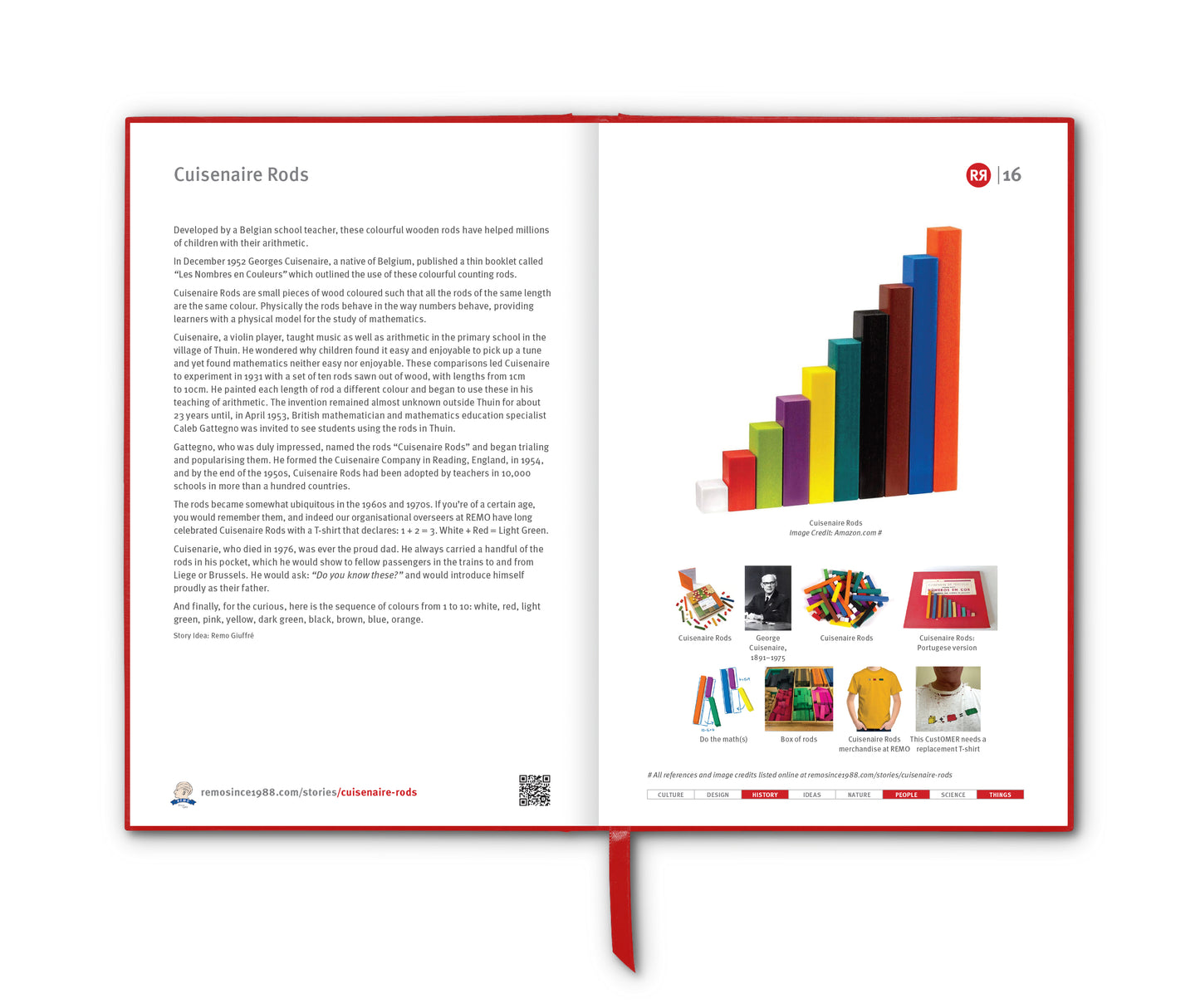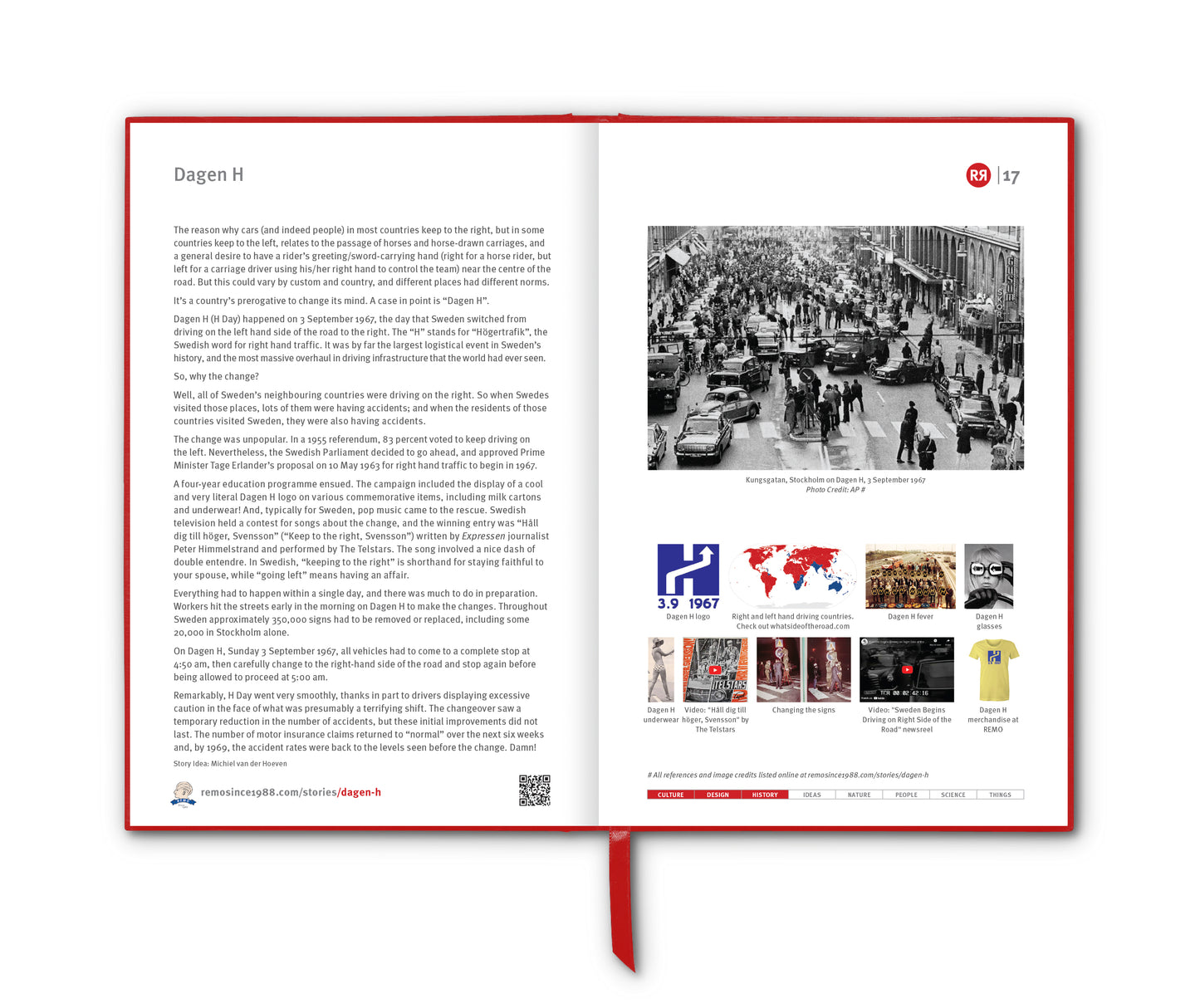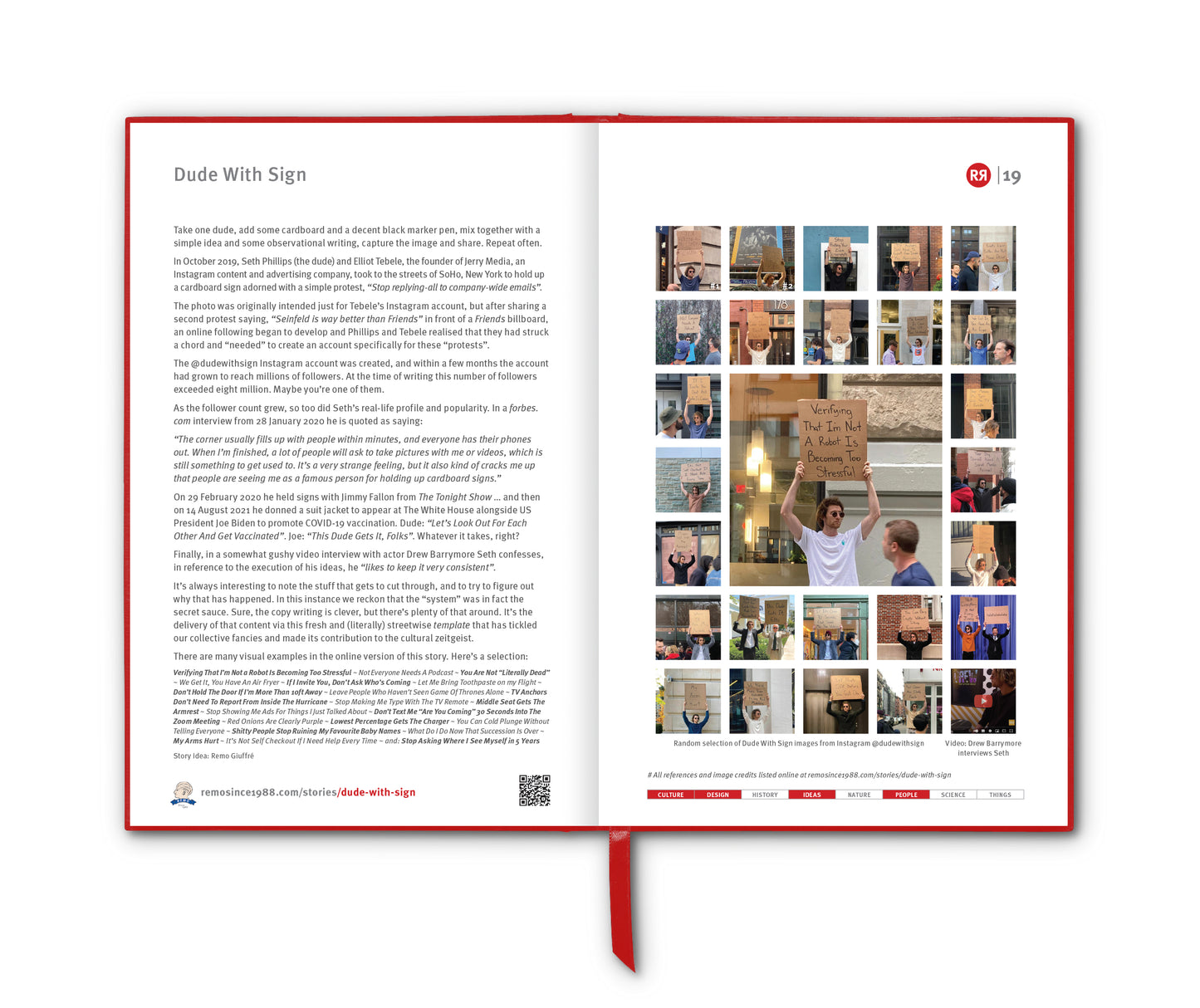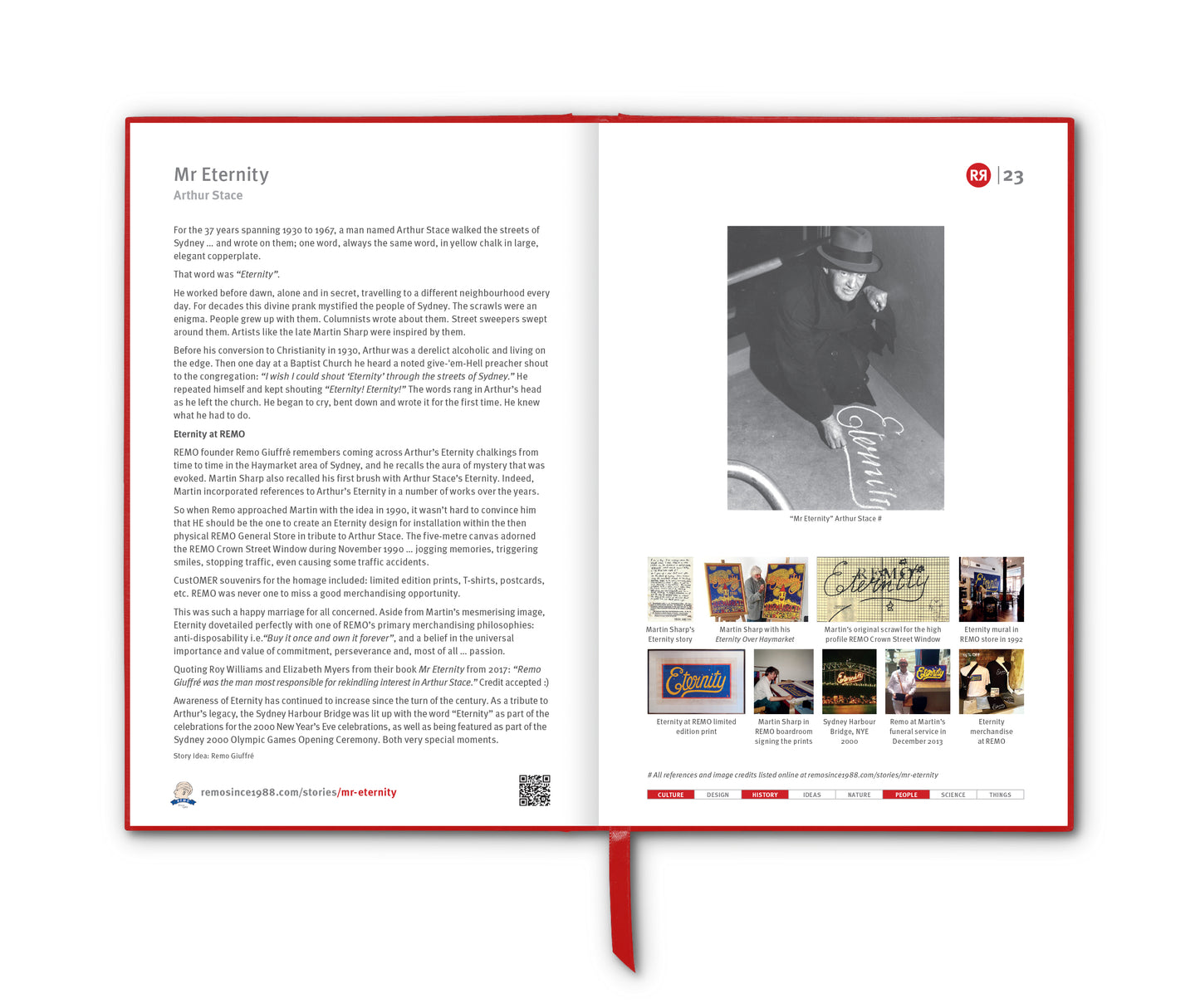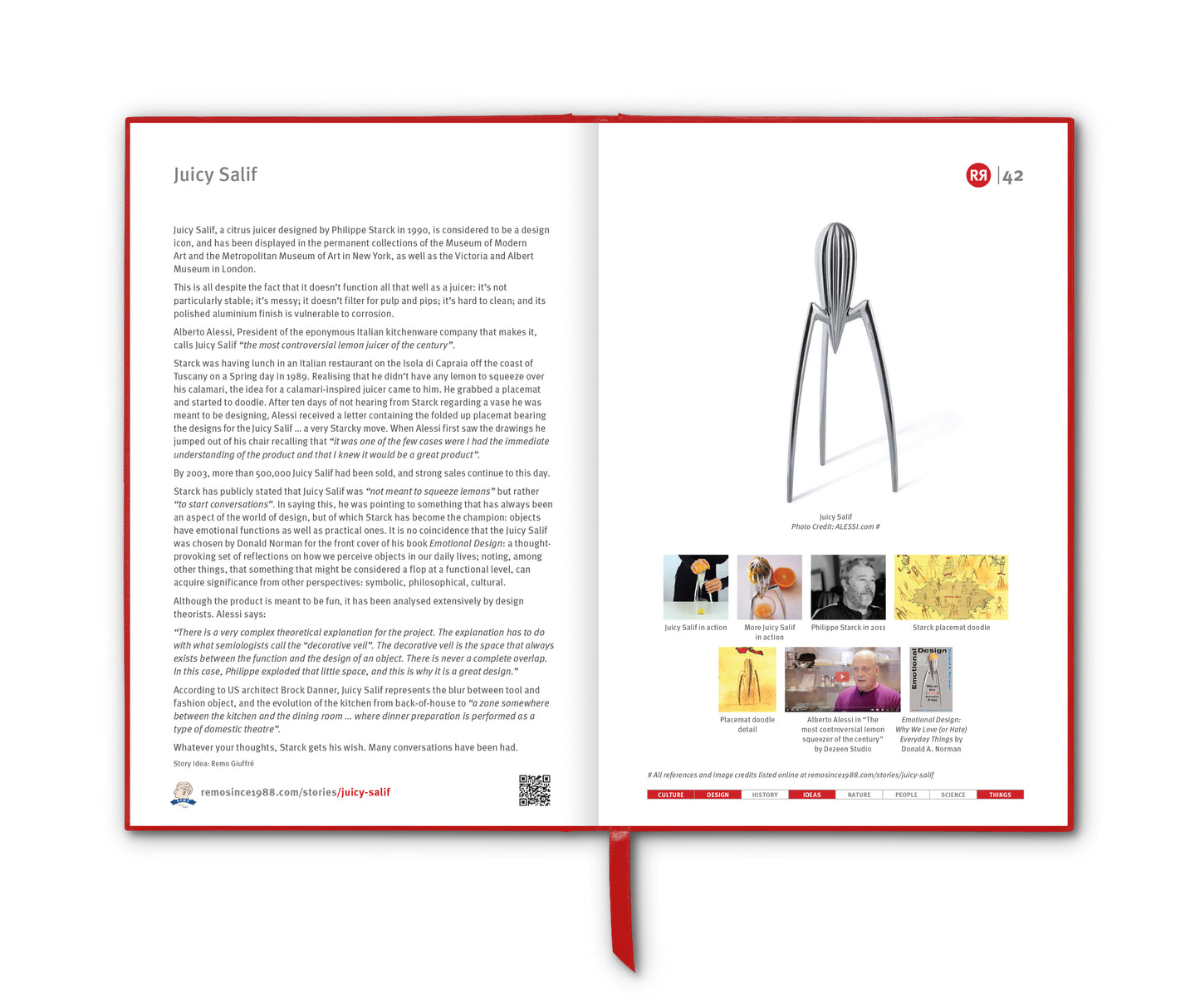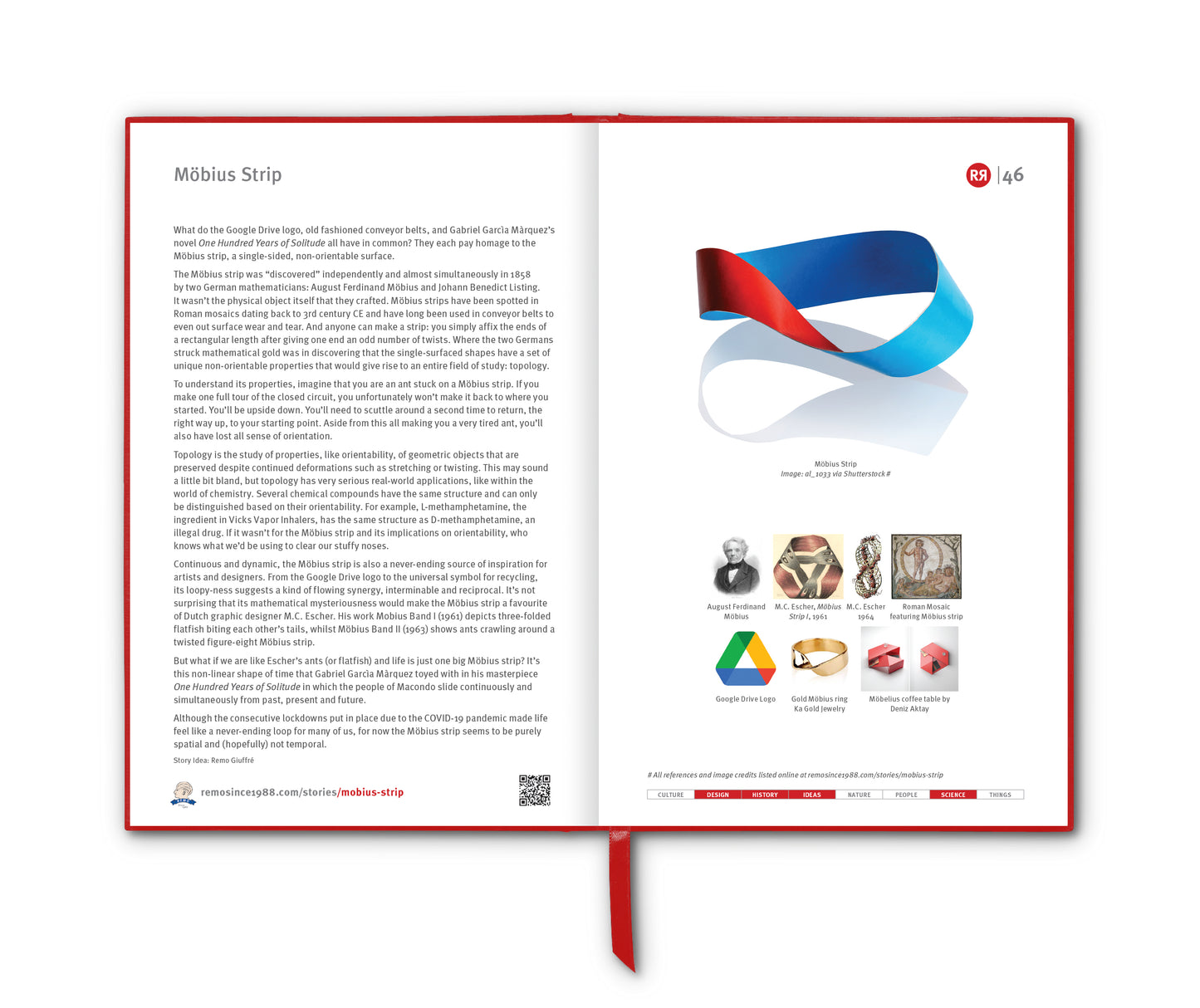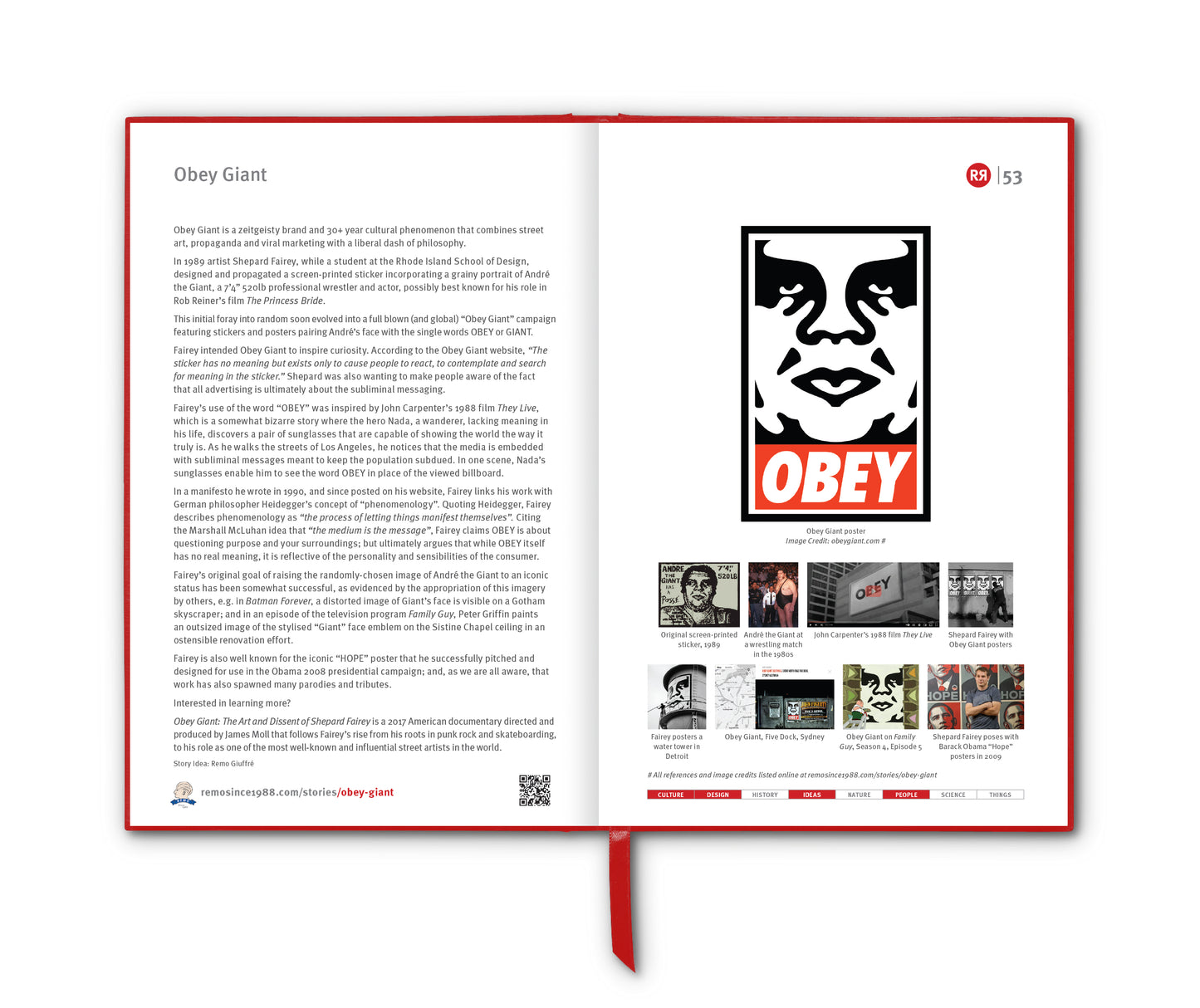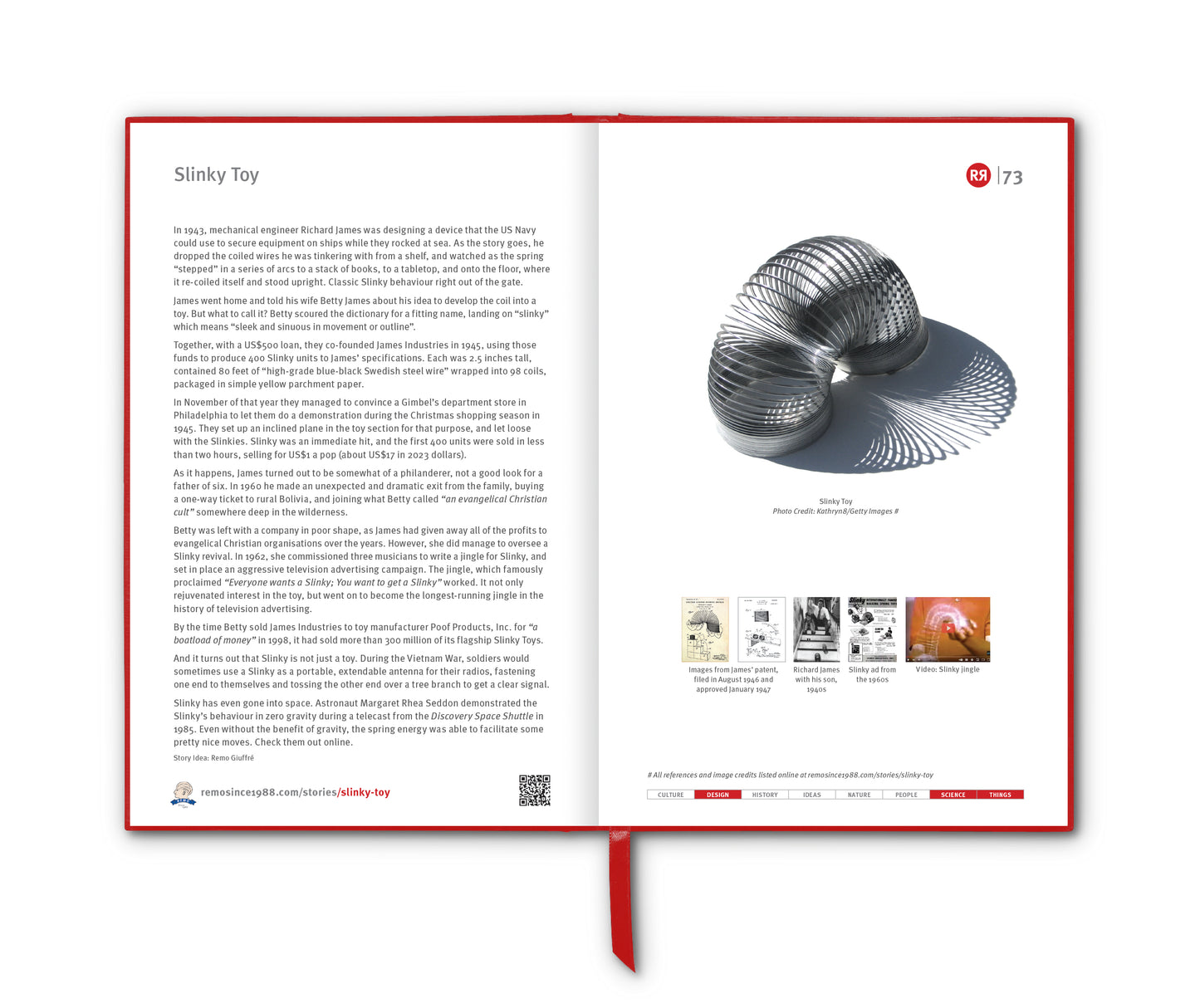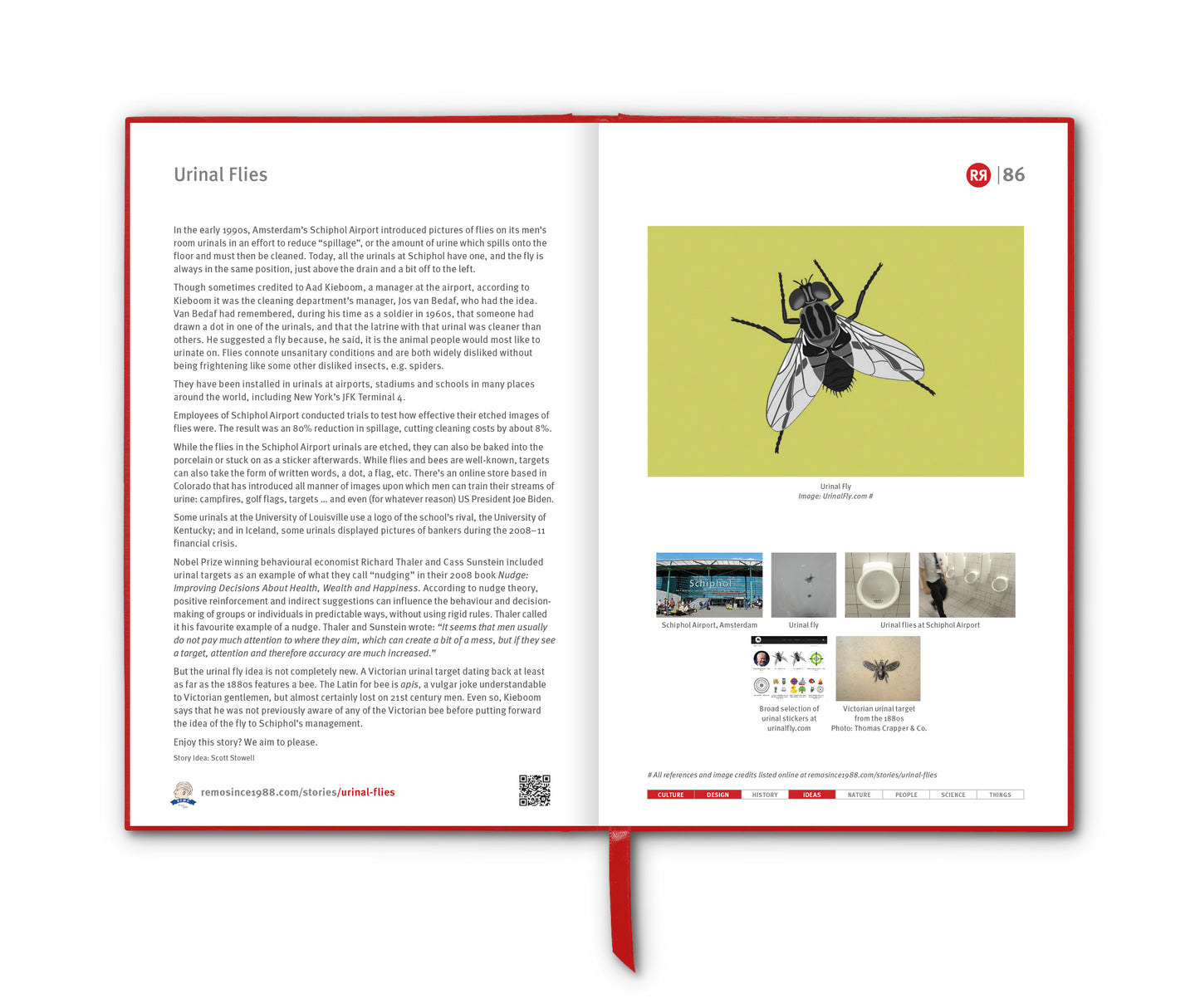Spartacus is a 1960 American epic historical drama film directed by a young Stanley Kubrick and starring Kirk Douglas in the title role … a slave who leads a rebellion against Rome.
In a climactic scene, recaptured slaves are asked to identify Spartacus in exchange for leniency. Spartacus tries to identify himself, but his attempt is thwarted when one-by-one, each of his comrades proclaims himself to be Spartacus, thus sharing his fate. You can watch this so called “I’m Spartacus” scene HERE.
The scene was powerful within the context of the film, but it was also meant to reflect and dramatise the solidarity demonstrated by those accused of being communist sympathisers during the McCarthy era, by refusing to implicate others and “name names" in hearings before the House Un-American Activities Committee (HUAC), and who were therefore blacklisted.
Howard Fast, author of the original novel, had written Spartacus while in prison for refusing to name names for HUAC investigators, and the original “Hollywood Ten” was a group of screenwriters and directors that included Dalton Trumbo, the screenwriter of Spartacus.
Trumbo had been jailed for contempt of Congress in 1950, after which he had survived by writing many screenplays under assumed names.
The blacklist lasted until 1960, when Dalton Trumbo was both credited as the screenwriter of the film Exodus (1960), and publicly acknowledged by Douglas for writing the screenplay for Spartacus. Bam! In light of the film’s “I’m Spartacus” scene, it is apt that its release would prove to be the straw that broke the McCarthyism camel’s back. President John F. Kennedy even crossed a picket line set up by anticommunist organisers so that he could attend the film.
Many subsequent films, television shows, and advertisements have referenced or parodied the iconic “I’m Spartacus” scene. One was the film Monty Python's Life of Brian (1979), which reverses the situation by depicting an entire group undergoing crucifixion all claiming to be Brian, who, it has just been announced, is eligible for release ("I'm Brian." "No, I'm Brian." "I'm Brian and so's my wife.")
Finally, during the short-lived November 2023 uprising at OpenAI, the behaviour of employees loyal to temporarily ousted CEO Sam Altman gave an obvious nod to “I’m Spartacus” solidarity. Each and every one of them posted the exact same words on social media: “OpenAI is nothing without its people”.
BUT … writer Ron Geraci in a 2015 article entitled “Let’s Quit the Fake Spartacus Statements” that explores that year’s “Je Suis Charlie” phenomenon, posits that: “The Spartacus statement is an unflinching, irrevocable promise to literally swap places or, at minimum, share a grisly fate with a comrade straight through to the ugly, bitter end.” … and should be used sparingly, if at all, as a indicator of support.
One man's point of view. What do you think?
Story Idea: Remo Giuffré
______________________________
Postscript
To achieve the authentic sound of a large chanting crowd, Kubrick's crew used three-channel equipment to record 76,000 spectators at a Michigan State – Notre Dame college football game, all instructed to shout the phrases “Hail, Crassus!" and "I'm Spartacus!”.
______________________________
References
wikipedia.org/wiki/Spartacus_(film)
wikipedia.org/wiki/Hollywood_blacklist#Hollywood_Ten
culturematters.org.uk/index.php/arts/films/item/2185-i-am-spartacus-by-peter-frost
groovyhistory.com/im-spartacus-movie-line
medium.com/@rongeraci/je-suis-charlie-our-latest-fake-spartacus-statement
Images
1. I'm Spartacus!
2. Poster for Spartacus film, 1960
3. Video: I'm Spartacus scene from Spartacus, 1960. Credit: Movieclips.
4. Screenwriter Dalton Trumbo. Source: Medium.
5. Hollywood Ten
6. Video: Family Guy | Spartacus
7. X posts, OpenAI, November 2023






































































